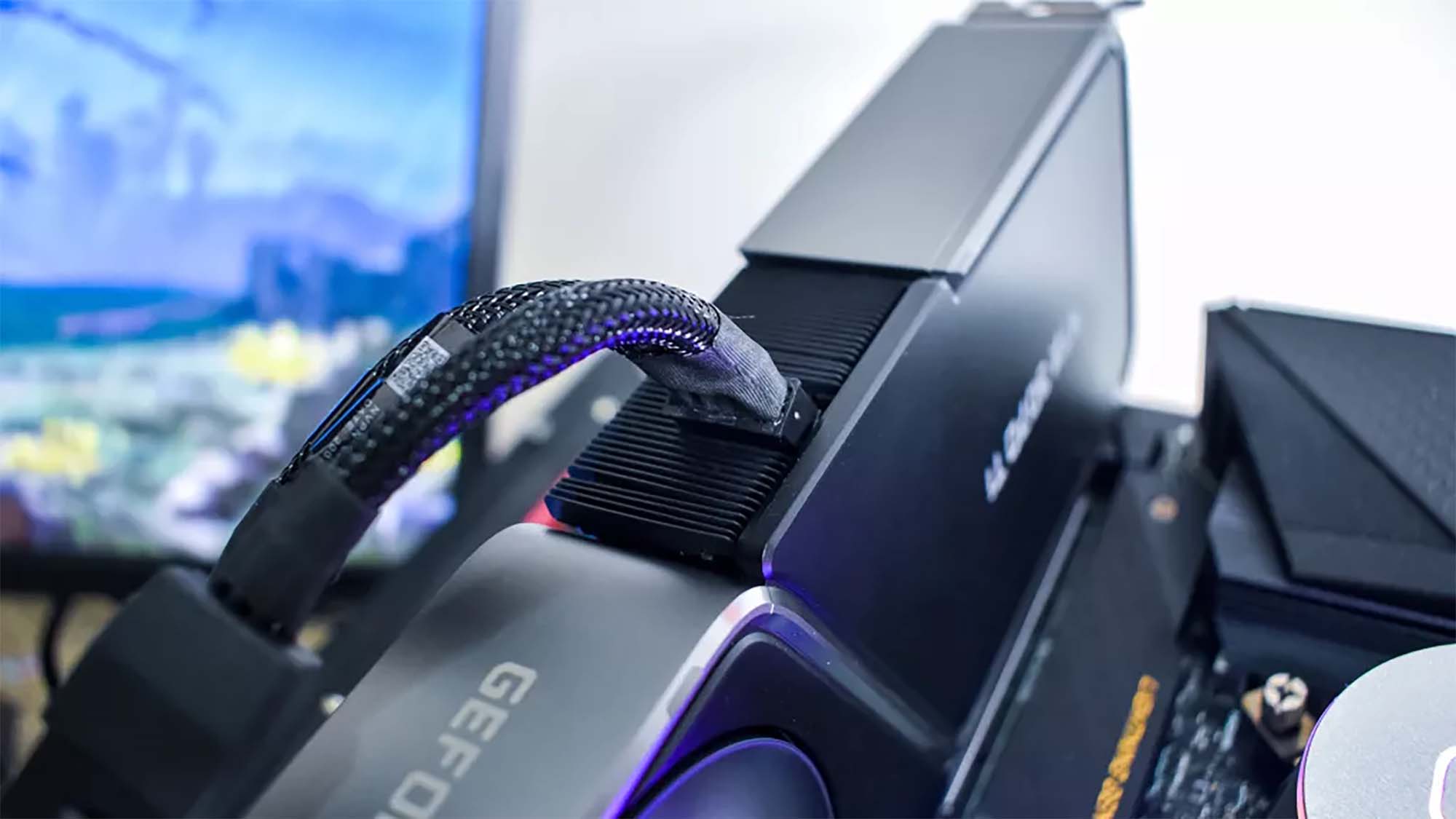R.I.P. RTX 3080 12GB – you shouldn't have existed in the first place
Nvidia is allegedly winding down production

Nvidia is speculated to have stopped production for its GeForce RTX 3080 12GB graphics card, the more powerful variant of the original RTX 3080 GPU.
It's important to note that this isn't an official announcement so take this information with a pinch of salt, but Twitter user and GPU enthusiast @Zed_Wang claims that the card will no longer be produced by Nvidia due to falling prices, writing "After the dramatic price drop of 3080Ti, 3080 12G now has the same price as 3080Ti and that’s why Nvidia decides to stop sending 3080 12G chips to the AIC".
nope,only 3080 12G is been stop produced. After the dramatic price drop of 3080Ti, 3080 12G now has the same price as 3080Ti and that’s why Nvidia decides to stop sending 3080 12G chips to the AIC.June 26, 2022
We have to consider this a rumor given the lack of an official source, but we have contacted Nvidia for clarification.
With the recent cryptocurrency market collapse, the market has been flooded with cheap, used graphics cards as cryptominers try to sell off equipment to recoup their losses. This, coupled with the natural easing of the ongoing chip shortage means that for the first time in almost two years, graphics cards are available at MSRP.
It's typical of GPU manufacturers to reduce production before the launch of a new generation of cards in order to free up some space. Older hardware will still be relevant for some time, especially if the current-gen cards see a dramatic fall in price when the RTX 4080 arrives, but generally speaking, more of Nvidia's attention needs to be focused on producing Lovelace cards.
As reported by PC Gamer, GPU prices on Newegg are a fairly good representative of the situation. There are currently five models listed at under $800, two of which are 12GB variants which are likely impacting the presumed drive to sell off existing 10GB versions of the card, which is a fairly unattractive offer if the 12GB one is the same price.
Given this, the explanation that the RTX 3080 Ti is selling for the same amount as the RTX 3080 12GB seems legitimate: there is no sense in continuing to produce a card that is preventing sales of other surplus GPUs, especially one that was likely created to prevent chip wastage.
Get daily insight, inspiration and deals in your inbox
Sign up for breaking news, reviews, opinion, top tech deals, and more.
Opinion: It was dumb to have two RTX 3080s in the first place
The RTX 3080 12GB was first rumored back in December 2021, and when it was finally unveiled it was revealed to only be a very minor upgrade from the original RTX 3080 GPU.
In fact, Nvidia may have originally planned to drop plans to create it at all, as rumors at the time went back and forth between anticipation for a release and suggestions that Nvidia wouldn't be launching the card. It's not uncommon for anticipated graphics cards to be canceled and then uncanceled behind the scenes, but it does create some suspicion.
The most likely reason as to why we got two different variations of the RTX 3080 is that at the time of release, GPUs were still harder to come by than gold dust. It's little wonder why given we now know that cryptominers spent nearly $15 billion US dollars on cards over the last two years, which likely contributed to (if not directly caused) the scarcity. That, paired with artificial inflation, resulted in GPUs being wildly overpriced.
This means the RTX 3080 12GB was probably a consolidation from Nvidia to try and get more graphics cards onto the market to bridge the mammoth-sized pricing gap between the original RTX 3080 10GB and the RTX 3080 Ti or RTX 3090.
It's also likely that these cards were created to prevent wastage. Chips intended for more powerful cards might not have passed inspection, leaving Nvidia with a pile of hardware too underpowered to slap into an RTX 3090 and too powerful for the RTX 3080. It makes sense to use them rather than waste them, so it's hard to believe the RTX 3080 12GB was an intended design and not just an opportunity for recycling.
This isn't an uncommon practice in GPU manufacturing. There's some good evidence to suggest that a similar situation happened with chips intended for the RTX 3080 Ti last year. Still, creating two SKUs for the same GPU feels unnecessarily confusing for consumers, and the sheer amount of cards produced by both Nvidia and AMD felt a tad excessive towards the end of this current generation.
This saturation was likely to address the supply issues, so I really hope that we get a miracle this release. Fewer SKUs, improved stock, and consistent pricing are almost impossible to guarantee but providing the crypto market remains wounded, we might have a chance to buy a Lovelace or RDNA3 GPU at a reasonable price following launch.
Jess is a former TechRadar Computing writer, where she covered all aspects of Mac and PC hardware, including PC gaming and peripherals. She has been interviewed as an industry expert for the BBC, and while her educational background was in prosthetics and model-making, her true love is in tech and she has built numerous desktop computers over the last 10 years for gaming and content creation. Jess is now a journalist at The Verge.
